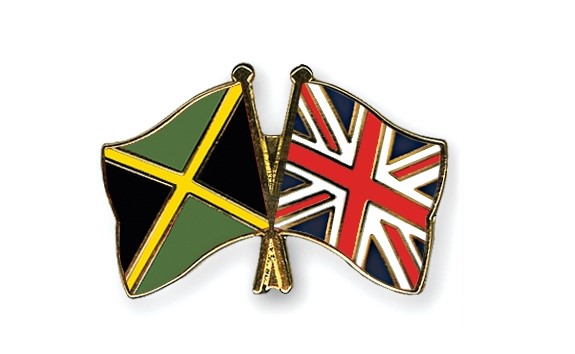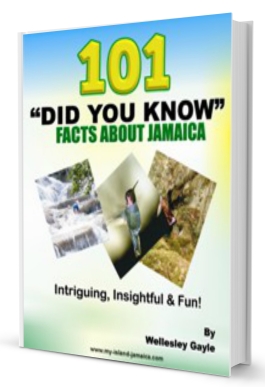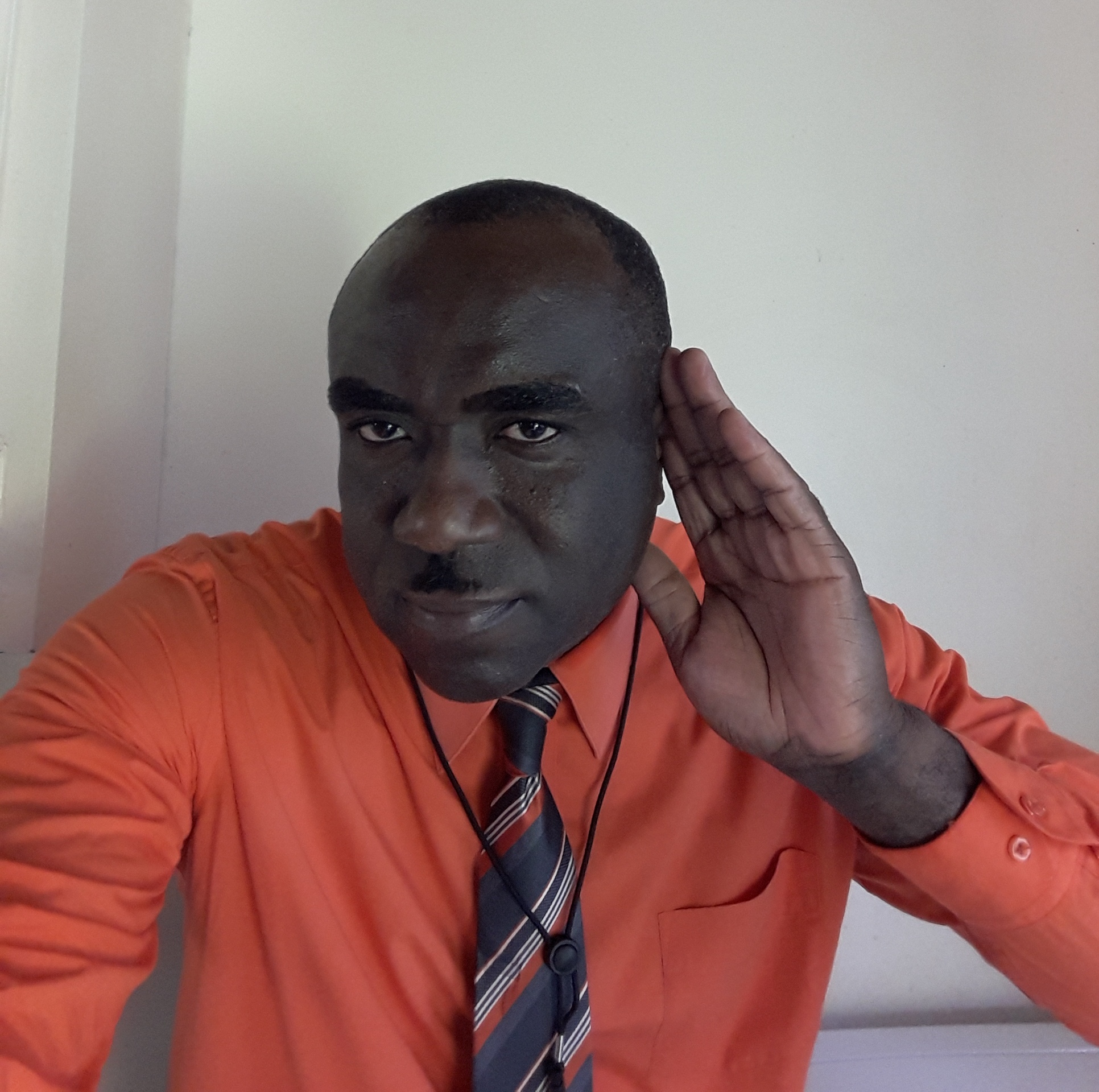Subscribe for all my updates and don't miss a thing! Sign me up!
Jamaicans In England
The History of Jamaican Migrants In England
Sharing Is Caring! Share this awesome content with your friends now.
by Sheree-Anita Shearer | Associate Writer
There has been a long history of Jamaican migrants for as long as I can remember. The obvious reason for leaving our island paradise is the limited work opportunities.
New! Take a piece of Jamaica with you💃!
Savour the memories! Now you can get your authentic Jamaican souvenir items, as well as traditional Jamaican herbs, spices and housewares on our popular e-store. Click Here to learn more.
And, if you ever need a trustworthy and knowledgeable local guide, consider booking a private tour with us!
Because of this Jamaicans have always migrated to other countries in search of a better life. The big three are the USA, Canada and England. Even though many Jamaicans are now migrating to other parts of the world, especially east Asia, it is nowhere near the numbers heading to the first three countries mentioned before.
Today there are multiple generations of British persons who descended from Jamaican migrants. The current number of British Jamaicans stands at 800,000—the second highest population of Jamaicans living outside of the country.
Jamaica was under British rule for over 300 years, and there had always been travel between both countries, especially after Emancipation.
When did Jamaicans migrate to England?
The first wave of immigrants into Britain came as a result of the first World War. Britain needed men to fight in the war and as such, they recruited from the colonies. The British West Indies Regiment was charged with recruiting in the Caribbean.
At first, there were many volunteers, none of whom were Jamaican but after recruiting, efforts increased the Jamaican delegation made up two-thirds of the British West Indies Regiment sent to fight for England.
These men who return from war, became the first Jamaican citizens to gain permanent residence in England, many of them opting not to return home.
The second wave of immigrants came after both world wars when England was facing economic hardships and a shortage of labourers. Again the colonies were recruited and they left their respective countries for England most of who went to work with the British Rail, NHS and London Transport.
But the largest wave of Jamaican migration to England at once came after the devastating effects of the hurricane in 1944 which left eastern Jamaica in ruin, despair and economic turmoil. Many then sought to head to England to rebuild and this time thought it best to bring their entire families with them. It was recorded as the largest number of Jamaican migrants of all ages and genders to have arrived in England at any point.
A phrase you will come up on quite frequently in England is the Windrush Generation.
These migrants arrived from all over the Caribbean in the hopes of finding jobs they were promised by England which was still reeling from the effects of the World Wars.
The recruits arrived by ship, the HMT Empire Windrush on the 21st of June 1948, spending one night on the ship before disembarking. Among the passengers were 492 Jamaicans who had been directly recruited to work. They were the first of 190,000 Jamaicans who would arrive between 1955 and 1968.
Other ships docked in other parts of England as well. The Ormonde left Jamaica for Liverpool docking in March 1947 and the Almanzora followed suit, docking in Southampton that same year.
In 1949, a law was passed for all British subjects including the colonies to become British citizens, this was extended to Jamaicans as we were not yet independent of England.
Even after British citizenship was no longer given to Jamaicans automatically after the country became independent in 1962, there was still a steady number of Jamaican migrants entering England.
Still, Jamaicans did not let that deter them from heading to Europe as the search for a better life with fewer financial hardships seem like a greater trade-off.
Jamaicans who were living in England at the time of Independence were given automatic citizenship, but this would not extend to travellers after August 6th, 1962, for obvious reasons.
Problems began to arise for Jamaican nationals along with other foreign immigrants as the authorities began putting undue pressure on these persons who had moved to England during a time when travelling between these countries was basically borderless.
Now, the changes meant they would not have the proper documentation to prove their right to be in the country. Many of them were deported or denied reentry when they tried to return to England.
The Windrush Generation was given “indefinite leave to remain”, but, this was not properly explained to the migrants who thought it meant they could travel and spend as long as they wished outside the country without having issues upon their return. However, persons who remained out of England for more than 2 years, voided their stay and were not permitted entry.
Countless Jamaicans and their children, many of whom were born there ended up having issues with immigration and were consequently sent back to Jamaica.
Do Jamaicans Need a Visa for England?
Yes, this rule was implemented in 2003 and now Jamaicans endure a stringent visa process a far cry from the mere passport and plane ticket needed before.
The British government noticed the trend where many persons who left Jamaica for England to “visit”, simply did not return home and then became undocumented immigrants in Britain. The number of children who went up to visit families for Christmas or summer and just never returned home was staggering as less than half were making the trip back to Jamaica.
Because of this, Jamaicans now needed a visa to enter Britain. Initially, this caused loads of confusion and uncertainty, especially for people who had already purchased tickets and planned trips to England.
Where are the most Jamaicans in the UK?
Most Jamaicans in England reside in London, Birmingham, Notingtinham, Manchester, Gloucester, Leeds, Leicester, Sheffield, Bristol and Liverpool. These are just areas where a high number of Jamaican or British citizens of Jamaican descent reside. However, there are small pockets of Jamaicans all over England.
What percentage of England is Jamaican?
The 800,000 Jamaicans in England account for 7% of the nation's population.
Mary Seacole
If you are from Jamaica, then I'm sure you know Mary Seacole as she is mentioned in many of our primary school books. Jamaican nurse Mary Seacole, left her island home, for England to assist the wounded soldiers in the Crimean War. Even after she was not permitted to assist in her position as a nurse, she instead set up an inn where soldiers were treated.
Is UK Slang from Jamaica?
Similarly to Toronto and New York, London slang is heavily influenced by Jamaican culture. “Wa gwaan” a form of greeting originating in Jamaica has long since transcended the borders of Jamaican culture and is now used by persons across all cultures and this is just one of the many examples of Jamaican influence on the culture of England.
Much of this slang was made popular through music as Jamaican music was and still is, a huge part of England.
When the Jamaicans initially moved there, they struggled quite alot to adjust to the cuisine there. But with the increase in Jamaicans in England our spices and loved foods eventually made their way across the water, which was a great relief for those Jamaicans living in England.
Today there are many, “yardie restaurants” selling jerk chicken, curried goat and many other Jamaican dishes.
Jamaican Influences In Media and Entertainment
I remember watching an interview with a British rapper who described UK Grime as not exactly a child of but a relative of Jamaican Dancehall music. The genre has many similar elements to that of Jamaican music, that added to the fact that there are so many familiar words and jargon being used, it isn’t difficult for a Jamaican to not only understand what the artistes are saying but also understand the context of what they are saying as well.
The critically acclaimed series, (and my personal favourite), Top Boy has a great representation of the influence Jamaican culture has on London. Some scenes were actually shot in Jamaica as well which adds to its authenticity.
In the series, “Dushane” is obviously Jamaican and the actor behind the character, Ashley Walters is of Jamaican parentage as well.
Two other lead characters are played by Jamaicans too; Sully by actor and musician Kano and Jamie by actor Michael Ward.
Famous Jamaicans In England
So I have already mentioned Ashley Walters, Kano and Michael Ward. There is also:
- Naomi Campbell, Jourdan Dunn, Leomie Anderson
- Athletes: Raheem Sterling, Ian Wright, Tessa Sanderson, Tasha Danvers, Yohah Knight-Wisdom, Dina Asher-Smith, Lennox Lewis
- Singer: Jorja Smith
- Rappers: Stefflon Don, Chipmunk, Dutchavelli, Giggs, Jay1, Russ Millions, Konan, M1llions, Nines, Wretch 32 and Young T
- Chef: Ainsley Harriott
Obviously, Jamaicans are not satisfied with just being somewhere, we have to make a difference by adding some Jamaican vibe, spice and flavour even in situations where we are struggling or are uncomfortable.
We have done that in England despite some of what we have had to overcome. Now, England is one of Jamaica’s main tourist markets and Jamaicans frequently travel to England to visit. Additionally, migration continues though with less regularity before.
Sharing IS Caring! Please help me get the message out by sharing this article with your friends on social media (links below). Thnx ;-)
If you found this page useful, please consider subscribing to my weekly newsletter, to get even more.
It tells you each week about the new information that I have added, including new developments and great stories from lovers of Jamaica!
Return to Ethnic Groups In Jamaica from Jamaicans in England
Return to My Island Jamaica Homepage from Jamaicans In England
References & Sources For Jamaicans in England
- Daily Music Roll. 2022. Top 10 British Rappers in 2021 who flourished the new-age hip-hop scene | Daily Music Roll. [online] Available at: [Accessed 26 September 2022].
- En.wikipedia.org. 2022. British Jamaicans - Wikipedia. [online] Available at: [Accessed 26 September 2022].
- Imaku, B., 2022. A Peep Into A List Of Top UK Music Acts With Jamaican Descents - AQT Entertainment. [online] AQT Entertainment. Available at: [Accessed 26 September 2022].
- National Archives. 2022. Bound for Britain Experiences of immigration to the UK. [online] Available at: [Accessed 26 September 2022].
- Outpostings. 2022. Inside London’s Little Jamaica. [online] Available at: [Accessed 26 September 2022].
- Statista. 2022. Jamaican nationals population UK 2021 | Statista. [online] Available at: [Accessed 26 September 2022].
Jamaicans in England | Written: September 26, 2022
New! Get My Latest Book👇🏿
|
You asked, I've answered! You no longer need to save for months or years, to enjoy paradise! I spilled the beans! sharing my top tips on finding cozy accommodations and secret gems, only the way a native could! Click Here to pick it up on my e-store and start saving now! |
See The Best Of Jamaica - In Videos!
|
My channel reaches over 140,000 subscribers worldwide and has leveraged over 11 million views, sharing, what I call 'The Real Jamaica'. Subscribe today and join our family of viewers. |
Read More ...
New! Experience The REAL Jamaica!
Book Your Private Tour here and experience Jamaica the way we (locals) do!
P.S. Didn't find what you were looking for?
Still need help?
Click Here to try our dependable and effective Site Search tool. It works!
Or, simply click here and here, to browse my library of over 500 questions and answers! Chances are someone already asked (and got an answer to) your question.














New! Comments
Have your say about what you just read! Leave me a comment in the box below.